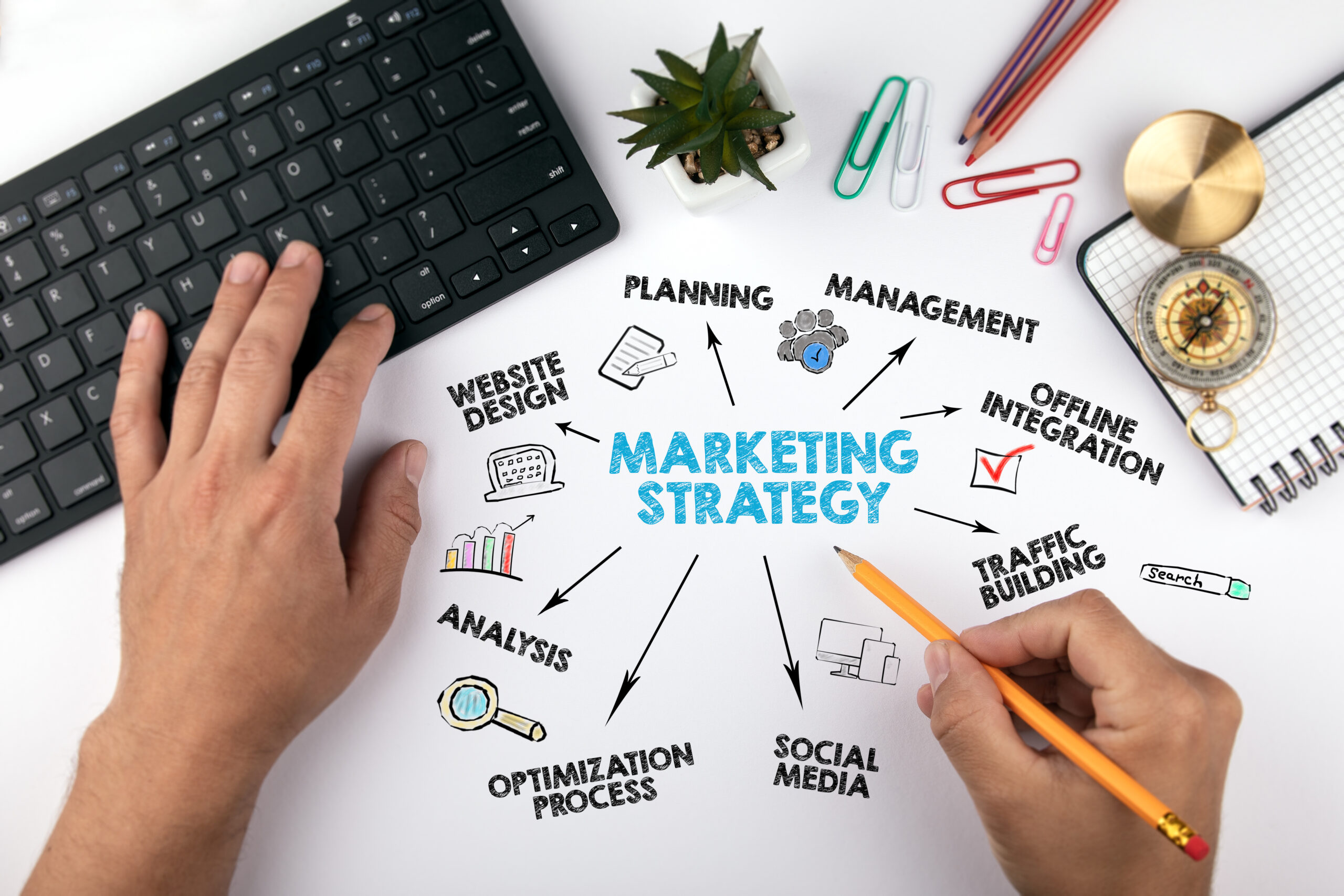In the rapidly evolving world of search, 2025 marks a turning point. Traditional SEO strategies remain vital, but the rise of AI-powered search engines and large language models (LLMs) means marketers and business owners need a fresh, hybrid approach. How do you optimize your site so it appeals not just to Google’s algorithms but also to AI chatbots and digital assistants? That’s where this SEO checklist for 2025 comes in. It’s designed to help you build a website and content strategy that’s both human-friendly and AI-ready, ensuring your business stays visible, relevant, and ahead of the curve in the year ahead.
Why a New SEO Checklist?
Table of Contents
Search engines have changed drastically over the last few years. Google’s algorithm updates, the explosion of voice and AI search, and the rise of tools like ChatGPT have disrupted the way users find information.
AI-driven search doesn’t just return links; it interprets natural language, summarizes content, and recommends answers. To keep ranking well, your SEO needs to:
- Serve clear, comprehensive answers
- Use language that AI models understand easily
- Provide trusted signals like reviews and citations
- Stay current with evolving searcher intent
The 2025 SEO Checklist: Step-by-Step
1. Prioritize Human-Centered Content
Write for your audience first — not just search engines.
Create valuable, clear, and engaging content that answers real questions your customers have. Use storytelling, visuals, and practical advice that resonates.
Tip: Use customer FAQs and feedback to inform content ideas and language.
2. Use Conversational Long-Tail Keywords
Focus on natural language queries and phrases people actually say or type, especially with voice search on the rise.
Examples:
- “How do I find the best executive coaching in Austin?”
- “What are the benefits of equine-assisted therapy for teams?”
Tip: Use tools like AnswerThePublic or Google’s People Also Ask to discover these phrases.
3. Optimize for Featured Snippets & AI Summaries
AI often pulls answers from snippets or well-structured content. Use:
- Clear headings and subheadings (H2, H3 tags)
- Bullet points and numbered lists
- Concise, direct answers at the top of pages or sections
Tip: Structure content so AI can easily extract and summarize key points.
4. Improve Site Speed and Mobile Experience
Google and AI platforms favor fast-loading, mobile-friendly sites.
Optimize images, reduce scripts, and use responsive design to ensure your site performs well on all devices.
Tip: Test your site with tools like Google PageSpeed Insights and Lighthouse.
5. Leverage Structured Data Markup (Schema)
Add schema markup to help search engines and AI understand your content type — like articles, events, products, or reviews. This boosts your chances for rich results and AI knowledge panels.
Tip: Use Google’s Structured Data Markup Helper or plugins for easy implementation.
6. Build and Maintain Local SEO Signals
For local businesses, AI search emphasizes accurate local data and reviews.
Claim and optimize your Google Business Profile, Bing Places, Yelp, TripAdvisor, and other relevant directories.
Tip: Encourage satisfied clients to leave honest reviews, and respond promptly.
7. Cultivate High-Quality Backlinks and Mentions
AI uses backlinks and social signals as trust indicators. Develop relationships with industry bloggers, journalists, and complementary businesses to earn authentic backlinks.
Tip: Guest posts, local sponsorships, and partnerships are effective backlink sources.
8. Publish Fresh and Evergreen Content Regularly
Keep your site dynamic with updated blog posts, guides, and FAQs. Fresh content signals relevance to AI and search engines, while evergreen content keeps generating steady traffic.
Tip: Refresh older content quarterly to maintain accuracy and performance.
9. Enhance User Engagement and Behavioral Signals
Search engines and AI analyze how users interact with your site — bounce rates, time on page, and clicks matter. Create engaging multimedia, interactive elements, and clear calls to action.
Tip: Use videos, quizzes, and easy navigation to improve user experience.
10. Monitor Analytics and AI Trends Consistently
Use tools like Google Analytics, Search Console, and AI-focused SEO platforms to track keyword rankings, traffic, and emerging trends. Adjust your strategy as AI search evolves.Tip: Stay informed by following SEO and AI industry blogs, webinars, and expert podcasts.
Next Steps
The SEO landscape in 2025 is a hybrid world where human-first content meets AI-powered discovery. The businesses that win are those who:
- Understand their audience’s language and needs
- Make their content accessible and clear for AI tools
- Build trusted, authoritative signals across the web
Use this checklist as your roadmap to not only rank higher in traditional search but also become the preferred answer in AI-driven search experiences.
Ready to future-proof your SEO?
If you want expert guidance to build an SEO strategy that works in the age of AI, OverCoffee Consulting can help. Book a free consultation and start optimizing for 2025 today!
Want Help Putting This into Action?
At OverCoffee Consulting, we specialize in working with:
- Professional service businesses (clinics, coaches, attorneys, consultants)
- Local brands ready to scale their online visibility
- Business owners who are tired of vague SEO promises and want real, measurable results
🔍 Our digital marketing services include:
- SEO strategy & implementation
- Website optimization for AI + human readability
- Content marketing aligned with LLM visibility
- Local business listings and reputation management
- Fractional CMO support for scaling brands
👉Schedule a free 20-minute consultation
To learn how we can help you stay visible — to Google and the bots.
Frequently Asked Questions About SEO in 2025
Looking for quick answers? Here’s what businesses are asking most about optimizing for AI-powered and traditional search this year:
The most important SEO strategy for 2025 is creating human-centered content optimized for AI by using natural language, conversational long-tail keywords, and clear, structured formatting.
Optimize your website for AI-powered search by using structured data markup (schema), improving site speed, writing concise answers, and targeting natural, voice-friendly keywords.
Local SEO remains important because AI search tools prioritize accurate business listings, reviews, and location data to provide users with relevant local results.
User engagement impacts SEO by signaling to search engines and AI that your content is valuable; high engagement metrics like longer time on page and lower bounce rates boost your rankings.
Backlinks act as trust signals for both traditional search engines and AI systems, helping improve your site’s authority and visibility in search results.
OverCoffee Consulting
Helping smart businesses make smarter marketing decisions.



